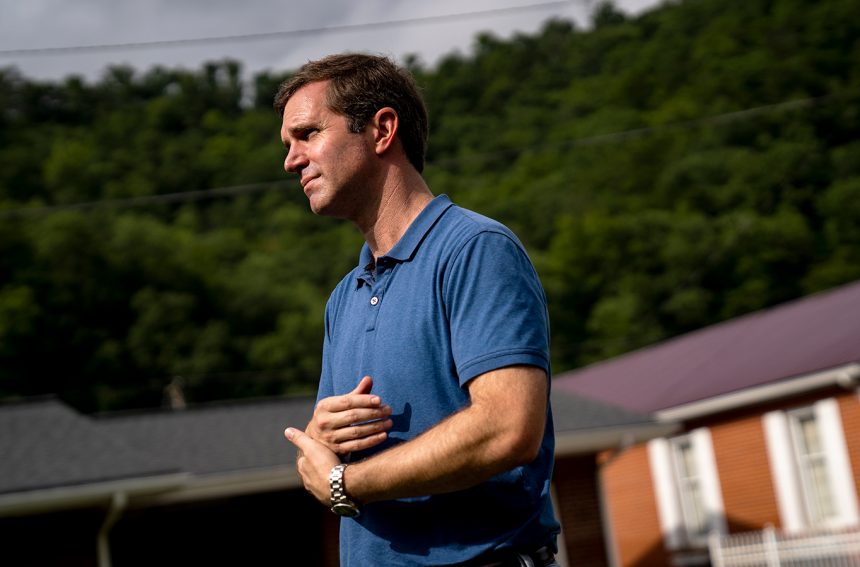Welcome back to State of Emergency! Today, we are discussing how a politician’s response to a disaster can impact voter attitudes and election results. In July 2022, Kentucky faced devastating floods, but Democratic Governor Andy Beshear stepped up to the plate. Beshear visited affected areas, increased aid, allocated funds, and initiated rebuilding efforts, earning him praise and the title of “consoler in chief.” Despite being in a red state, Beshear was reelected with improved margins, showing that voters value genuine disaster responses from their leaders. This success led to speculation that he could be Vice President Kamala Harris’s running mate. Beshear’s actions highlight the importance of authentic disaster responses in politics, resonating with voters even in polarizing times. Other leaders, like Texas Governor Greg Abbott, faced criticism for delayed disaster declarations during Hurricane Beryl, showcasing the contrasting approaches to handling crises. While the recovery process post-disaster is ongoing, it is clear that voters prioritize effective disaster responses from their elected officials, a crucial lesson in today’s political landscape.






